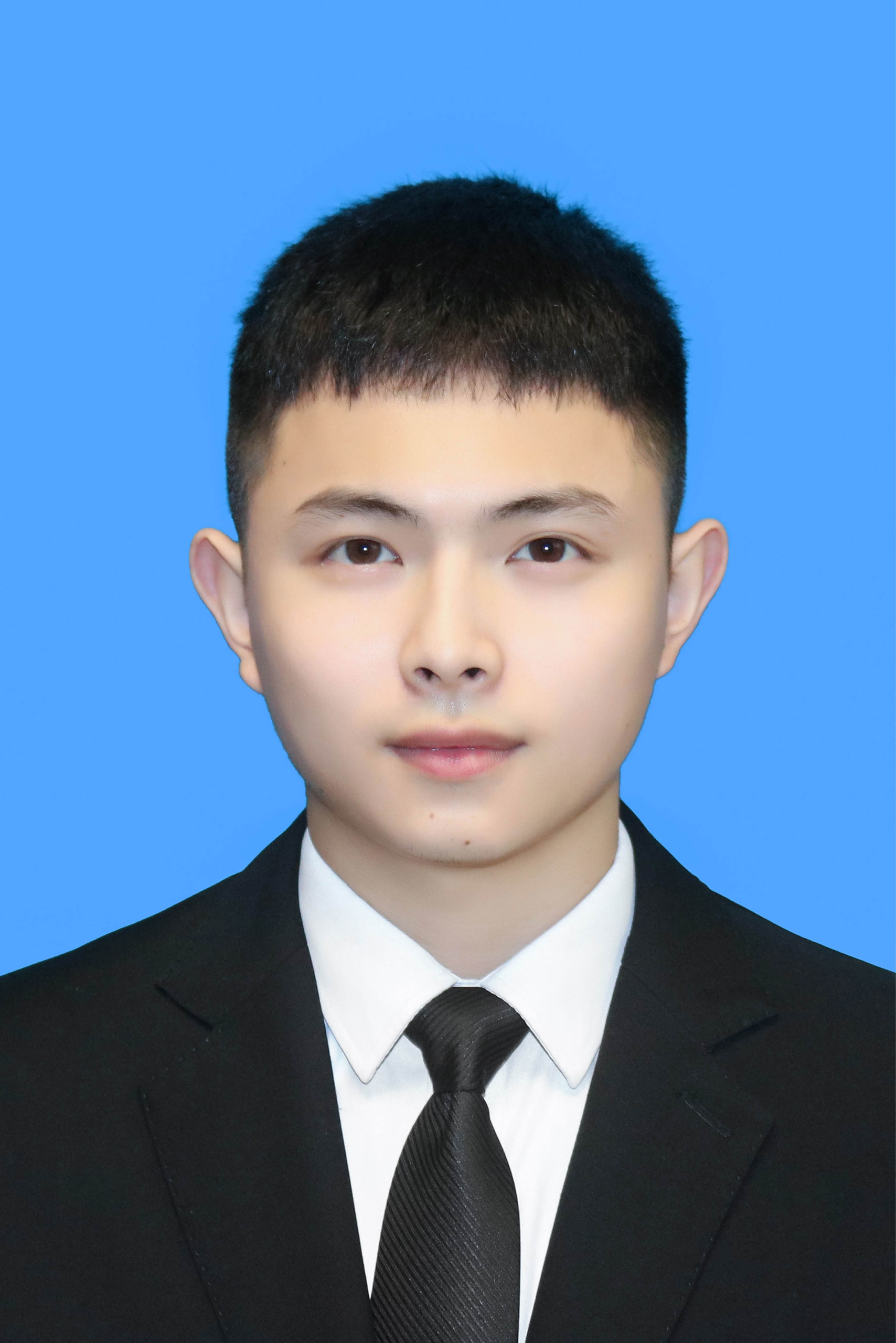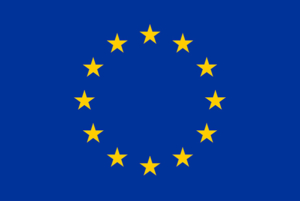Wen Luo
Wen Luo has a Master majoring in Oil-Gas Well Engineering at the Department of Petroleum and Gas Engineering at the Southwest Petroleum University (SWPU), Chengdu, China. He is particularly interested in deep and shallow geothermal reservoirs, multi-physics coupling, micro-seismic monitoring and drilling engineering. He was working as an assistant fracturing engineer at the Institute of Engineering and Technology Research, Xinjiang OilField Branch, PetroChina.
- Ph.D. Student, TU Delft, The Netherlands & RWTH Aachen, Germany (2021 – )
- New Product Introduction Engineer at Texas Instrument, Chengdu, China (2020)
- Assistant Fracturing Engineer at PetroChina, China (2020)
- MSc School of Oil & Natural Gas Engineering, Southwest Petroleum University (Sep 2017 – June 2020)
- BSc School of Oil & Natural Gas Engineering, Southwest Petroleum University (Sep2013 – June 2017)
Project Title: Near-borehole thermo-hydro-mechanical processes
Host Institutions: TU Delft, RWTH Aachen, Hydreco Geomec
Supervisory Team: Phil Vardon, Anne-Catherine Dieudonné, Guy Drijkoningen, Florian Amann, Barbara Cox
Start date: 12.4.2021
ESR02 Objectives:
Bringing together numerical modelling and detailed observations of the thermo-hydro-mechanical behaviour from the DAPwell will result in new insights into the occurring behaviour, and the ability to further test operational techniques to best improve or maintain permeability.
This will lead to the ability to maintain pumping pressures and rates which (a) increases production efficiency and (b) reduces the seismic risk. Hydreco Geomec will contribute knowledge on drilling, operations and give guidance on the practicality of the proposed operational interventions. This work will benefit from other projects taking place as part of the DAPwell research programme, for example thermo-hydro-mechanical testing of reservoir rocks and micro-structural scanning of reservoir cores. Geochemistry, microbiology and heterogeneity are also important in this topic and this project will benefit from the studies of ESR 1 and 8.
Research Update
Together with ESR-01 Anna Kottsova, we have published a review paper discussing how the injectivity can be influenced during geothermal operations. (W.L., A.K., et. al., Mechanisms causing injectivity decline and enhancement in geothermal projects). In addition, a fully coupled thermo-hydro-mechanical model has been developed on the basis of cohesive zone method, which allows us to use FEM to describe fracture initiation and propagation without having difficulties in dealing with the stress singularity at the fracture tips. This model is applied to study the injection scenario of DAPwell, a scientific geothermal doublet being drilled at TU Delft campus now. The drilling of DAPwell is planned to be done by the end of August 2023. A series of fibre optic sensing, including DAS and DTS, has been installed in both injector and producer. In the injector, two DAS cables will be installed on the opposite sides of the wellbore, being outside of the casing and directly attached to the formation rock. In this way, we hope more information about the processes during injection can be monitored and obtained. For instance, possible cracking events are expected to be monitored and located precisely. My next work is to numerically study the micro-seismicity and its signals on dual-array DAS, aiming to know how much more information we can know compared with that from only a single DAS cable. This work will be down with the open-source code SPECFEM, which is based on spectrum finite element method to study the dynamic processes.



 This project has received funding from the European Union’s Horizon 2020 research and innovati
This project has received funding from the European Union’s Horizon 2020 research and innovati